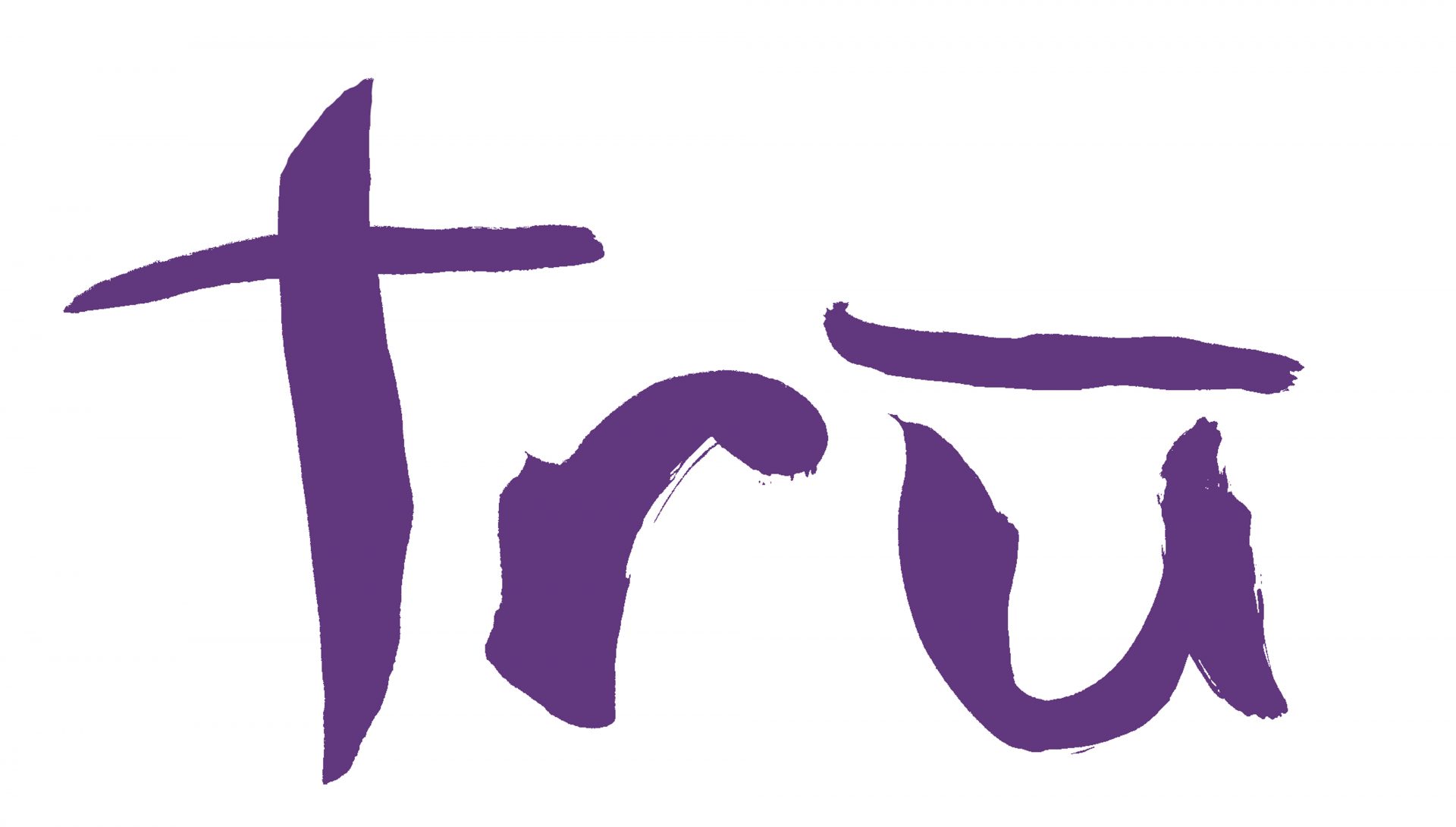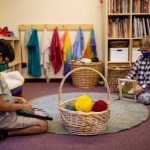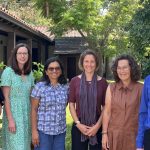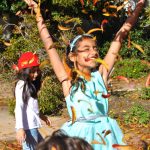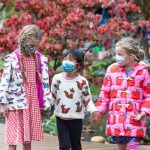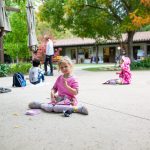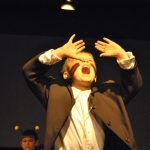Growth mindset — the belief that one can improve one’s ability through practice — exerts a fundamental influence over education.
The Stanford researcher Carol Dweck has shown this effect with remarkable clarity. Students who hold this mindset are more likely to challenge themselves, venture further afield, and persist through periods of frustration. This approach to learning rejects the notion of “fixed intelligence.”
The development of the learning program at Tru is based on decades of well researched understanding of child development at different age levels and established principles of meaningful and integrated learning. We follow high standards of teaching practice and student achievement that prepare children to perform well on typical measures, but to demonstrate the skills that ultimately have much more significance in one’s education and career. Those skills include critical thinking, problem solving, applied knowledge, and creativity.
Early (K-1)
The early childhood learner engages with the world through the senses, physical movement, social interaction, and role play. Far more can be understood and remembered through activity and manipulation of materials than through abstract lecture or rote memorization. Our curriculum applies this principle as much in mathematics as in art. Children learn to visualize the relationships between numbers. They practice the difference between an artistic drawing and a scientific diagram. They progress from the sounds of different letters and letter combinations to the recognition of meaning in a text.
- Phonetic language instruction, vocabulary development, letter formation, elements of story
- Number awareness, counting, beginning place value, addition and subtraction, money
- Scientific observation skills, teacher-led experiments
- Family traditions and memories, household functions
Example: In Writer’s Studio, an activity that continues throughout the elementary years, students learn the elements of a story by creating their own stories, first with illustrations and dictated words, and then through their own developing writing. The process is filled with individual achievement as they gradually build their spoken and written vocabulary, but also social connection as they share their work with the class and gain inspiration from the ideas of others. They “publish” books with the same status as the printed books that line their classroom shelves. They learn to view themselves as writers, always developing ideas and refining their craft.
Upper (4-6)
The upper elementary student reaches a new level of competence and reasoning ability. Social understanding becomes more subtle and nuanced. Pattern, proportion, and hierarchical ideas become easier to understand. This growth allows the student to encounter tasks requiring much more analysis and organization. Our curriculum reflects these new possibilities with deeper questions about literature, topics more removed from direct experience, and better interpretations of scientific data. These students become researchers, able to use primary and secondary resources to write papers of several pages, demonstrating their broadening understanding of the world.
- Advanced vocabulary, literary analysis, research skills, typing proficiency, independent reading
- Advanced fractions and operations, decimals and percents, factors and multiples
- Scientific analysis and interpretation
- History, government organization, and current events
Example: As part of the school’s study of Beginning, the older class undertakes a study of the genetic patterns that lead to inherited traits. Using paper cutout faces and features, they bring two parents together to determine the probabilities that the children will have dominant or recessive traits. They examine photos of themselves and their own parents to draw similar conclusions. They discuss and write the implications for how frequently different traits appear in a population, as well as the mathematical relationships at work
Continue exploring what Trū has to offer
